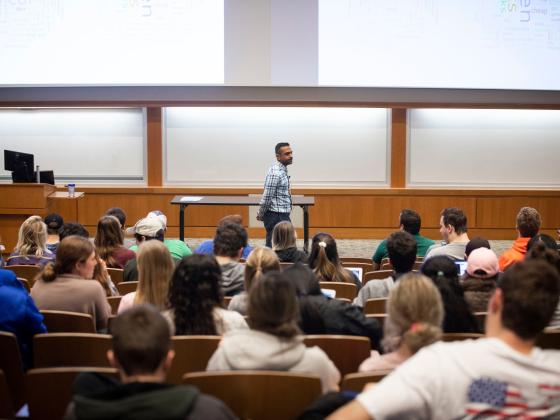APPLICATION DEADLINE: October 15, 2025
Application materials may be submitted to Trey Conatser, Assistant Provost for Teaching and Learning and Director of the Center for the Enhancement of Teaching and Learning (trey.conatser@uky.edu)
To support the university’s commitment to global engagement, innovative teaching practices, and student success, we are establishing a Learning Community opportunity for faculty to support the design and implementation of Collaborative Online International Learning (COIL) modules in their undergraduate courses. COIL connects students and faculty across borders for collaborative learning and meaningful intercultural experiences, fostering global competencies without the need for travel.
The UK COIL Learning Community will provide participants with support as they learn about COIL, identify international collaborators, co-design COIL modules for their courses, and plan for evaluation. COIL Learning Community participants will benefit from structured support through:
- An introductory two-day COIL Basics Workshop during Winter Break (2025-2026)
- Learning Community Program -- a series of seven intensive Learning Community sessions (with materials and lunch provided) during the Spring 2026 semester
- The UK COIL teaching and learning symposium (December 2027).
Each COIL Learning Community participant will embed their COIL module in an undergraduate course that will be taught at the University of Kentucky in Fall 2026 (or Spring 2027).
The COIL Learning Community aligns with the UK Strategic Plan SF2 and II2, as well as the Kentucky Graduate Profile ten essential skills, especially skills 1, 2, 4, and 8.
